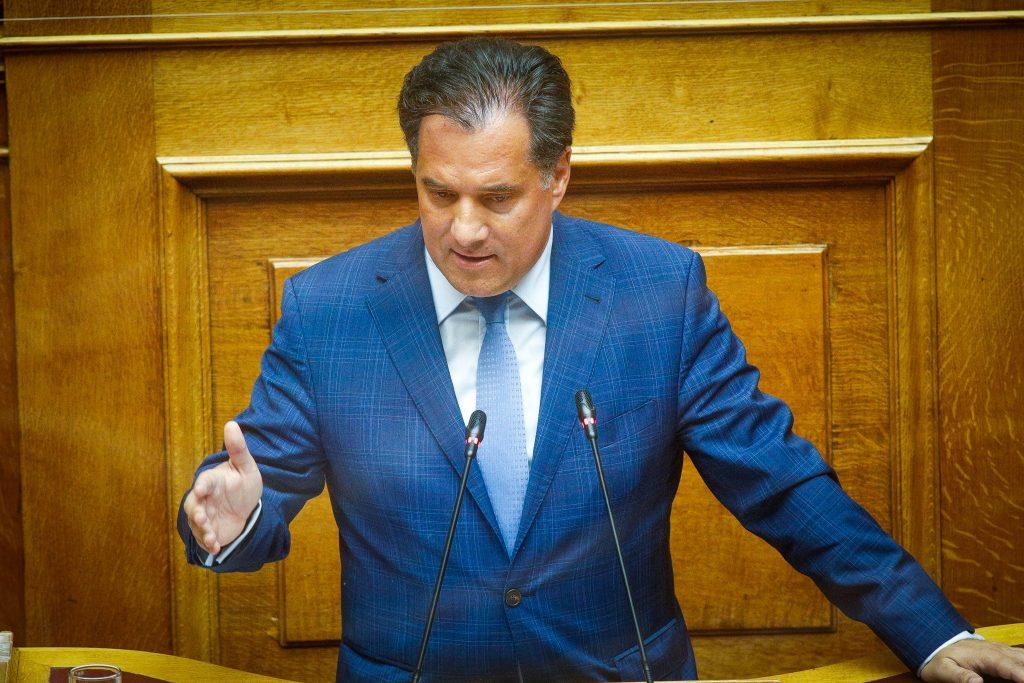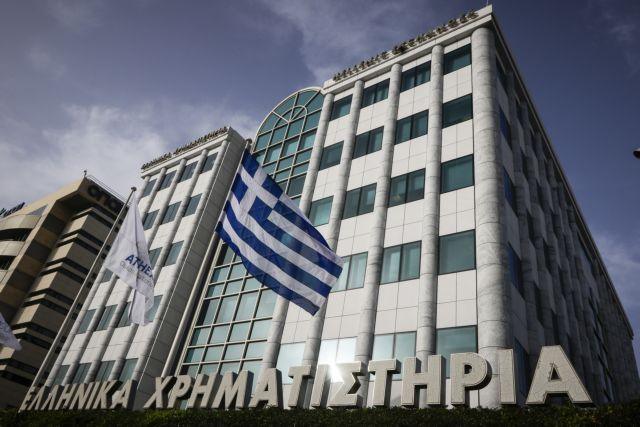International press reports on Wednesday evening citing a pending recommendation by European Commission President Ursula von der Leyen – towards EU leaders – for a possible cap on natgas prices, generated a highly positive response in Athens and accompanying political “back slapping”.
According to Reuters, EU governments have debated over a natural gas price ceiling for weeks, without reaching a consensus. Although a majority of EU members support some form of cap to tackle surging inflation, Germany, Denmark and the Netherlands are opposed, claiming concerns over security of supply.
In two subsequent Tweets on his official account, Greek Prime Minister Kyriakos Mitsotakis noted that “…the proposal of the President of the European Commission @vonderleyen to consider a price cap on TTF as an emergency measure to deal with the energy crisis is a very important step in the right direction…Looking forward to the discussions at EUCO to design a cap that secures supply, keeps prices reasonable and maintains the internal market. The time has come to drastically support our citizens against the weaponization of energy by Russia.”
In an earlier written reaction, Greek government spokesman Yannis Economou stated that “…the letter by the president of the (EU) Commission, Ursula von der Leyen, to European Council members, justifies the initiatives and insistence of Prime Minister Kyriakos Mitsotakis for a European response to the energy crisis. The Commission president’s positions – towards taking drastic initiatives in the face of energy-related price hikes – by adopting Kyriakos Mitsotakis’ proposals to impose a ceiling on the price of all types of natural gas prices in the European market, in order to reduce the burden on consumers, must be decisions that make a decisive contribution to softening the burdens borne by European citizens. Europe must not allow Russia to use energy as a weapon in order to inflict pain and destabilize European societies.
The president of the European Commission is adopting the positions, reasoning and arguments proposed by Greece and promoted by the Greek Prime Minister, for some time now, as the most effective solution to the energy crisis. This is an important moment and an absolute personal vindication of PM Kyriakos Mitsotakis.”
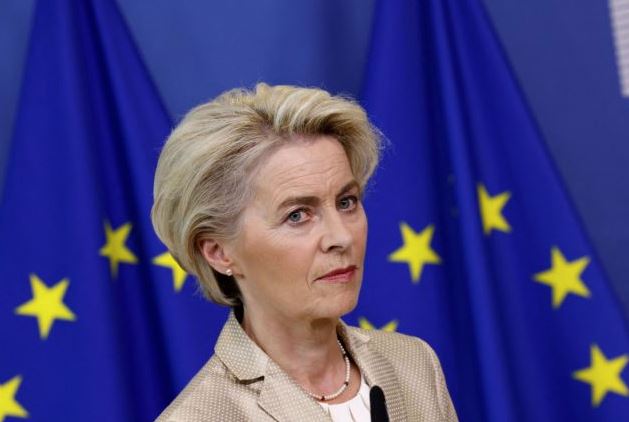



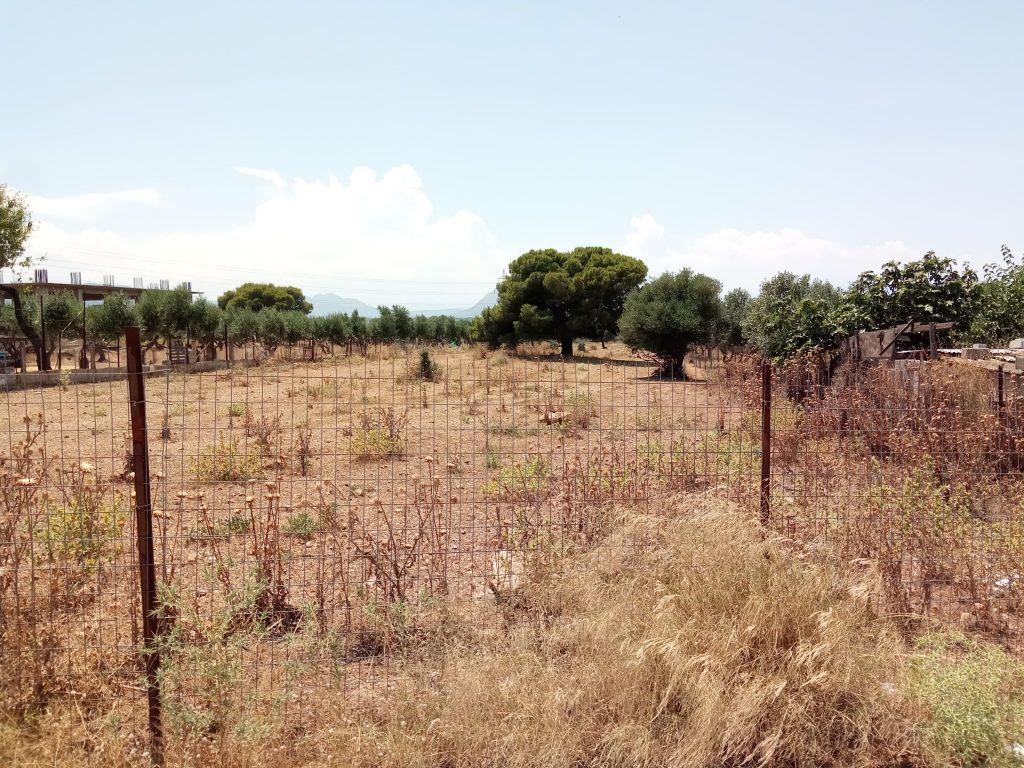


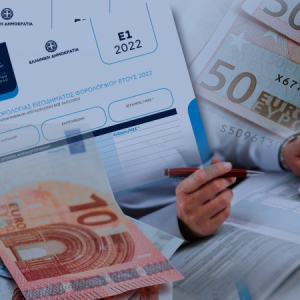



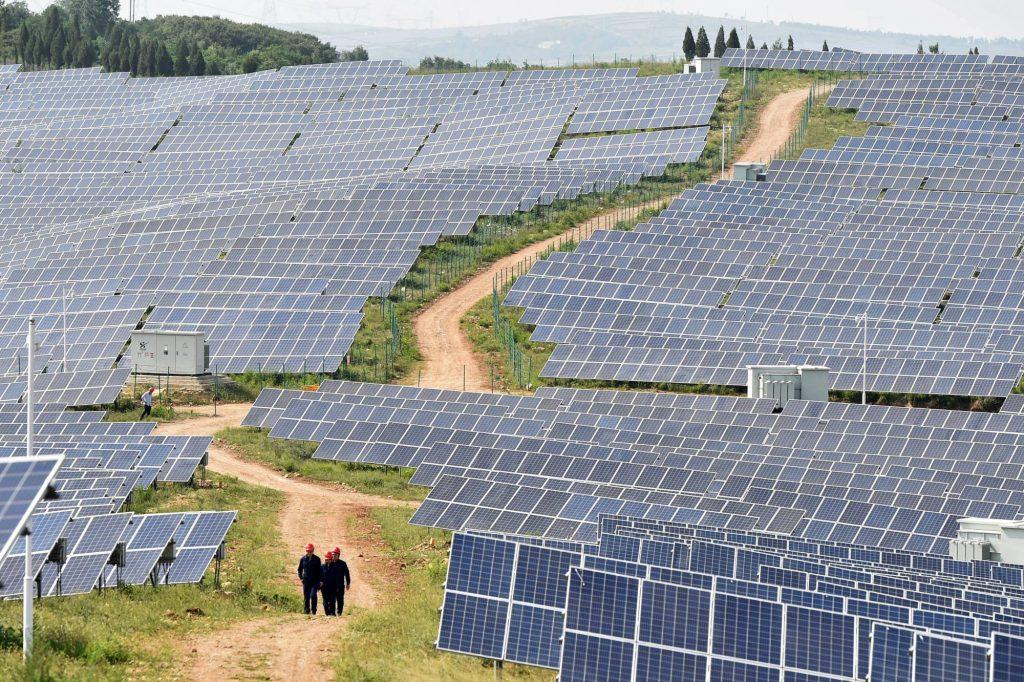





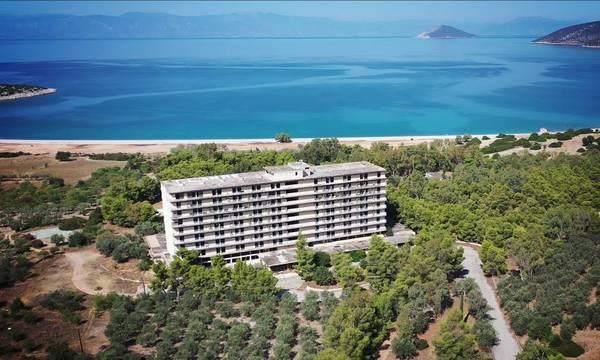
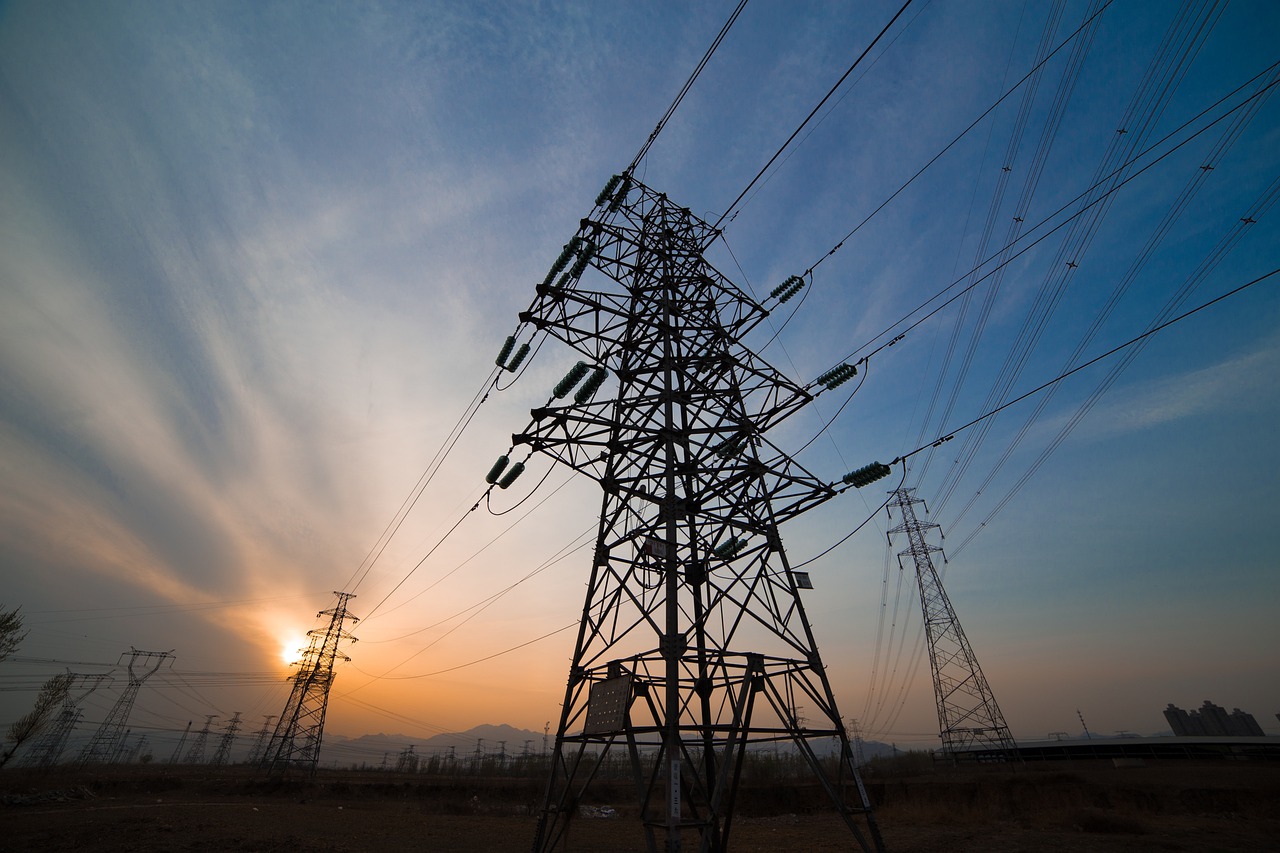
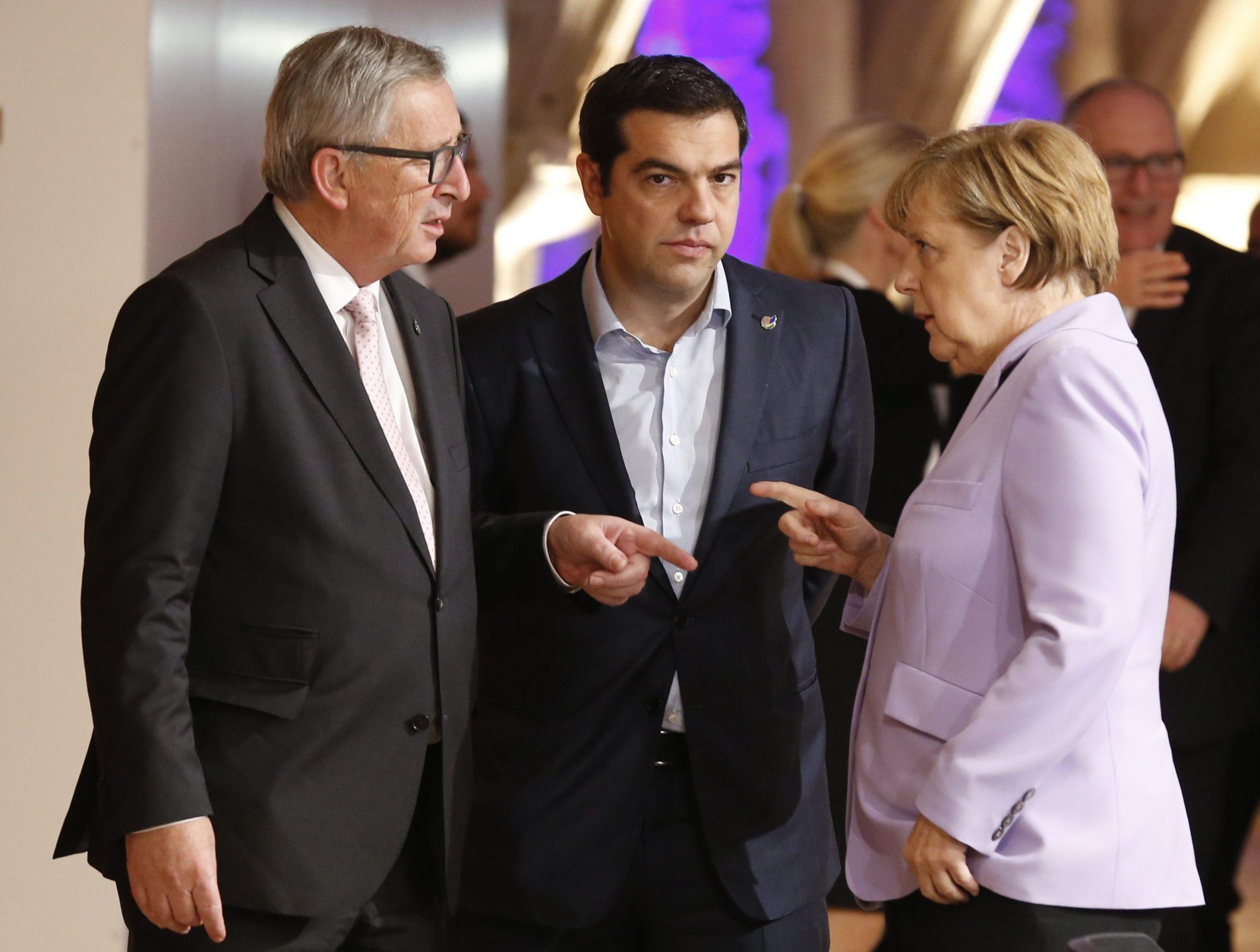

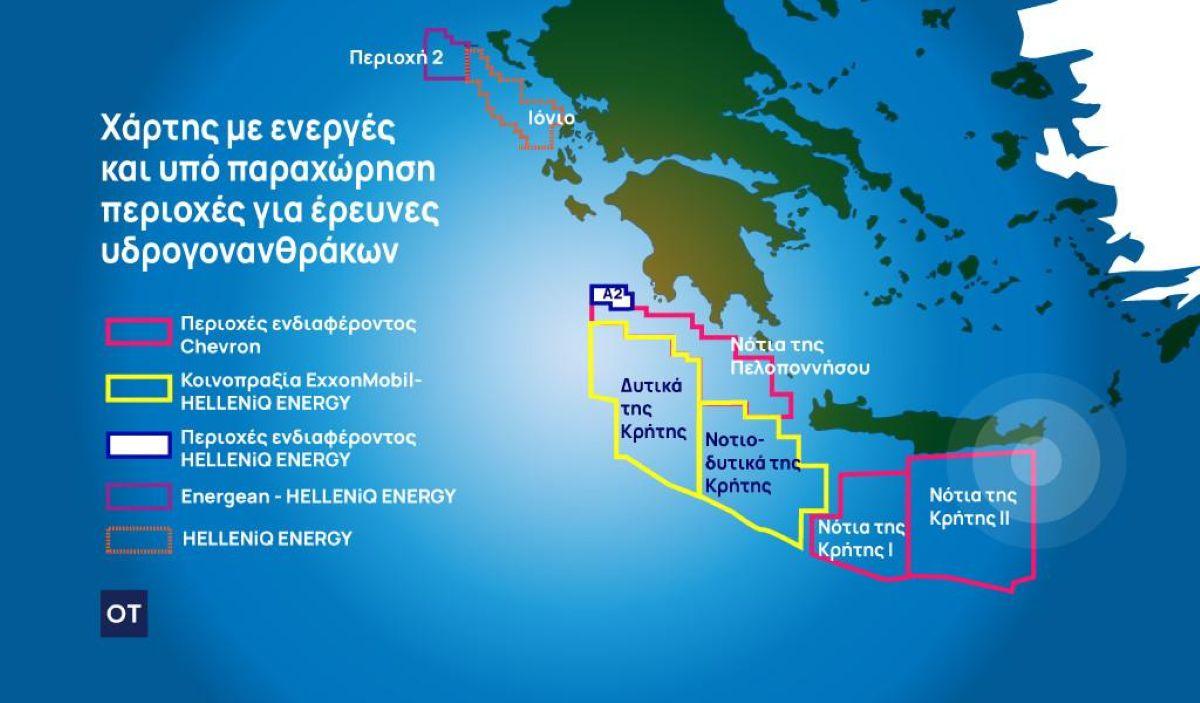

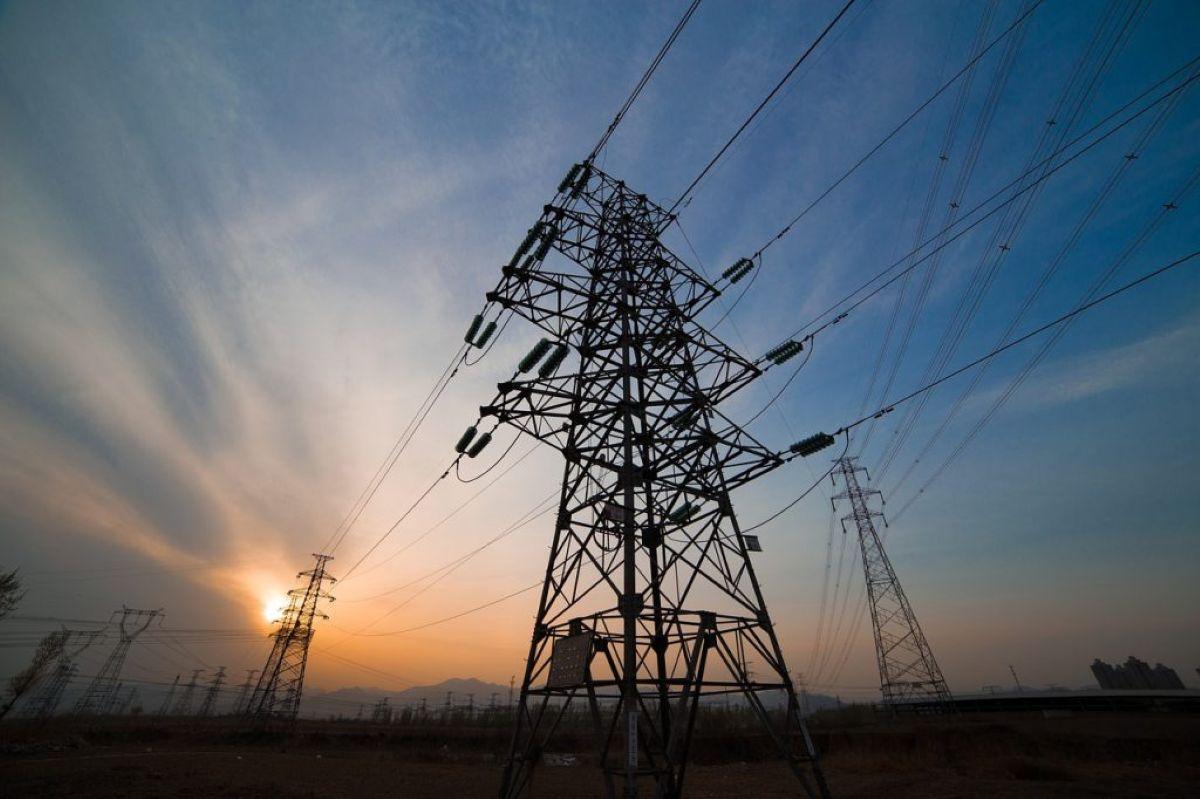
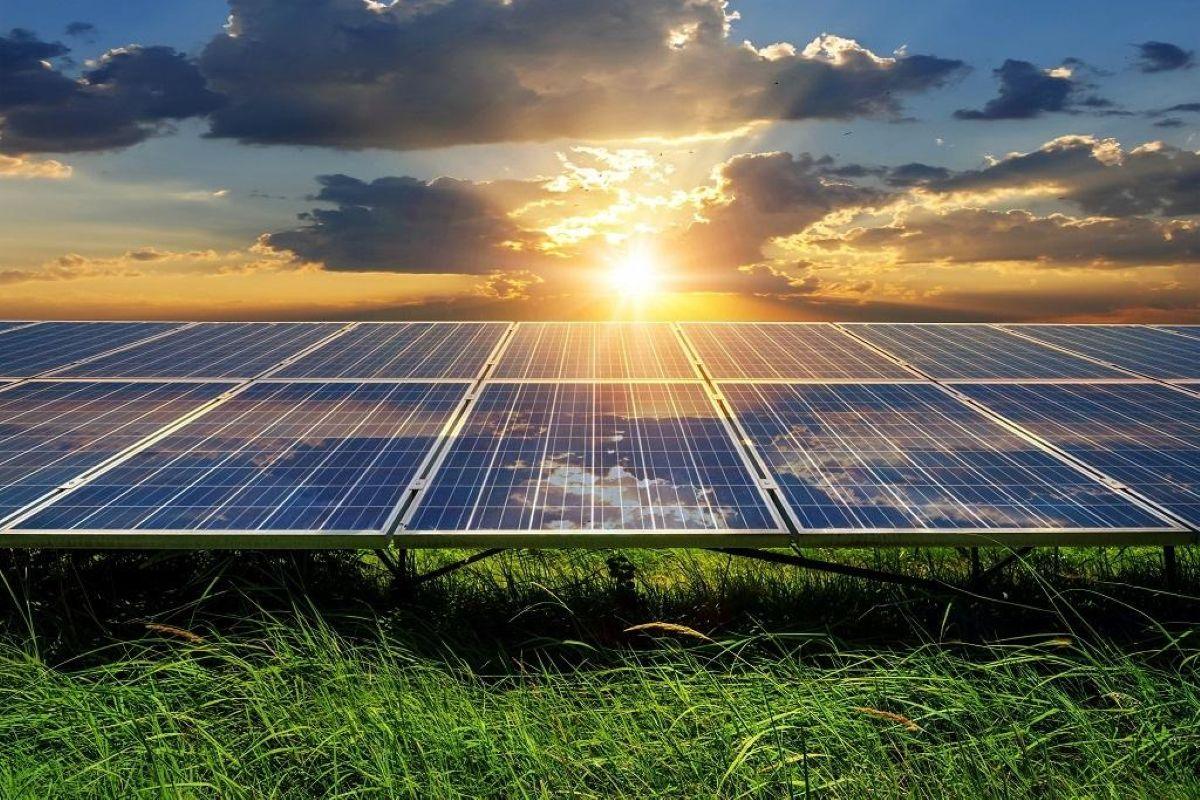
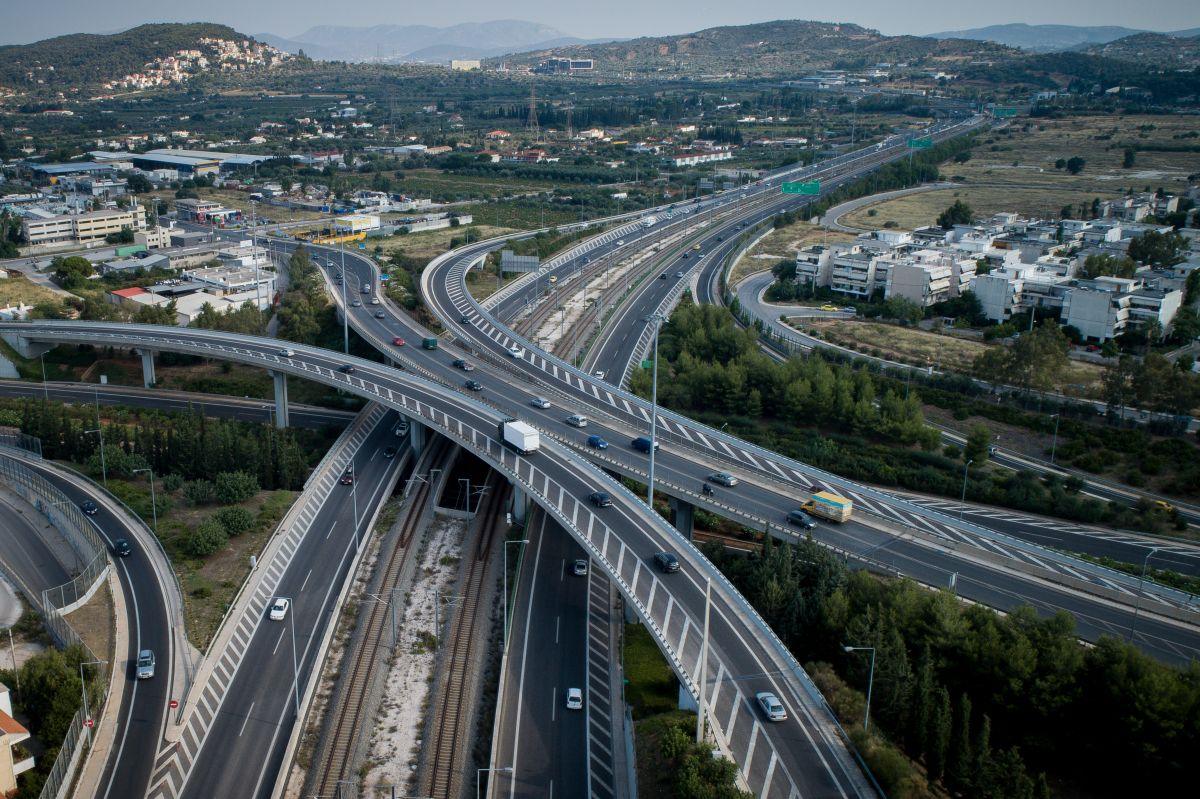


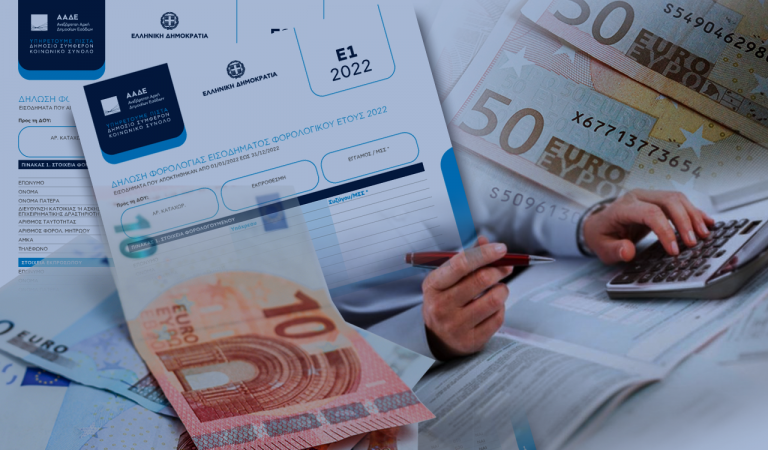



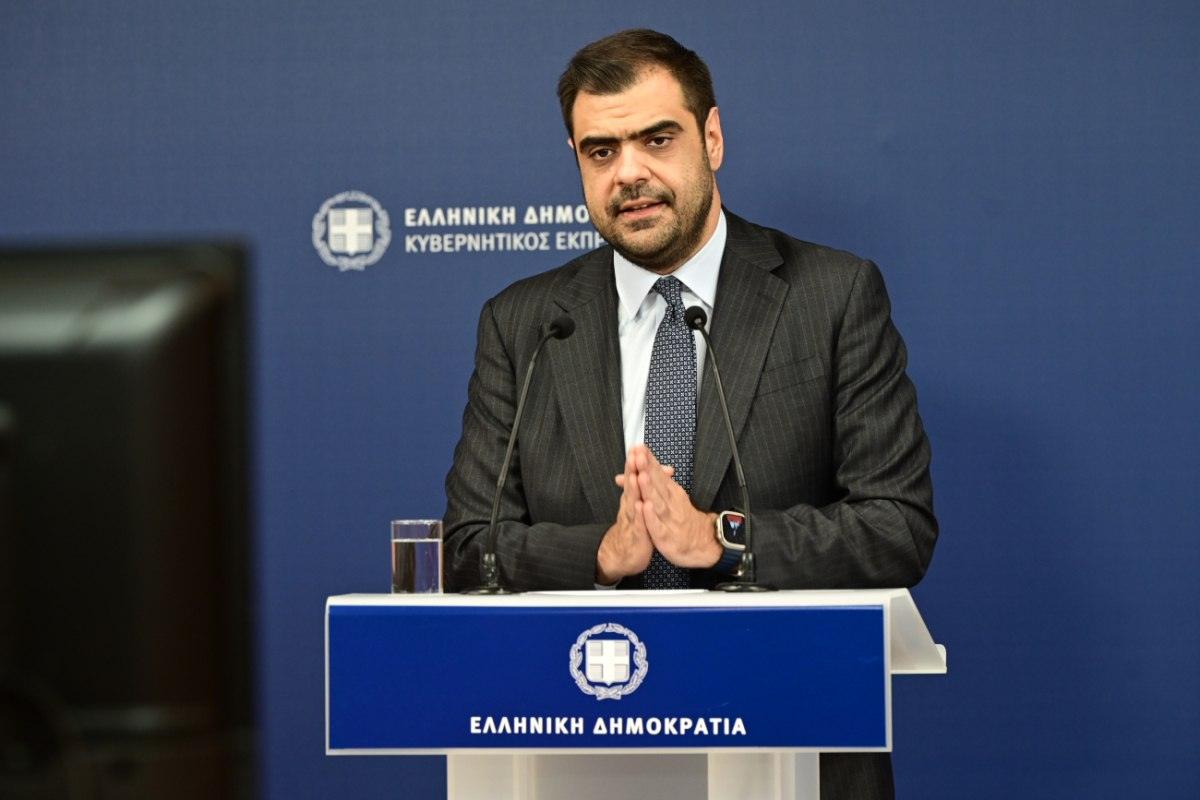



![Bιομηχανία: Αθήνα vs Θεσσαλονίκη – Οι διαφορές στις επενδυτικές επιλογές τους [γραφήματα]](https://www.ot.gr/wp-content/uploads/2023/03/biomixanika.jpg)
